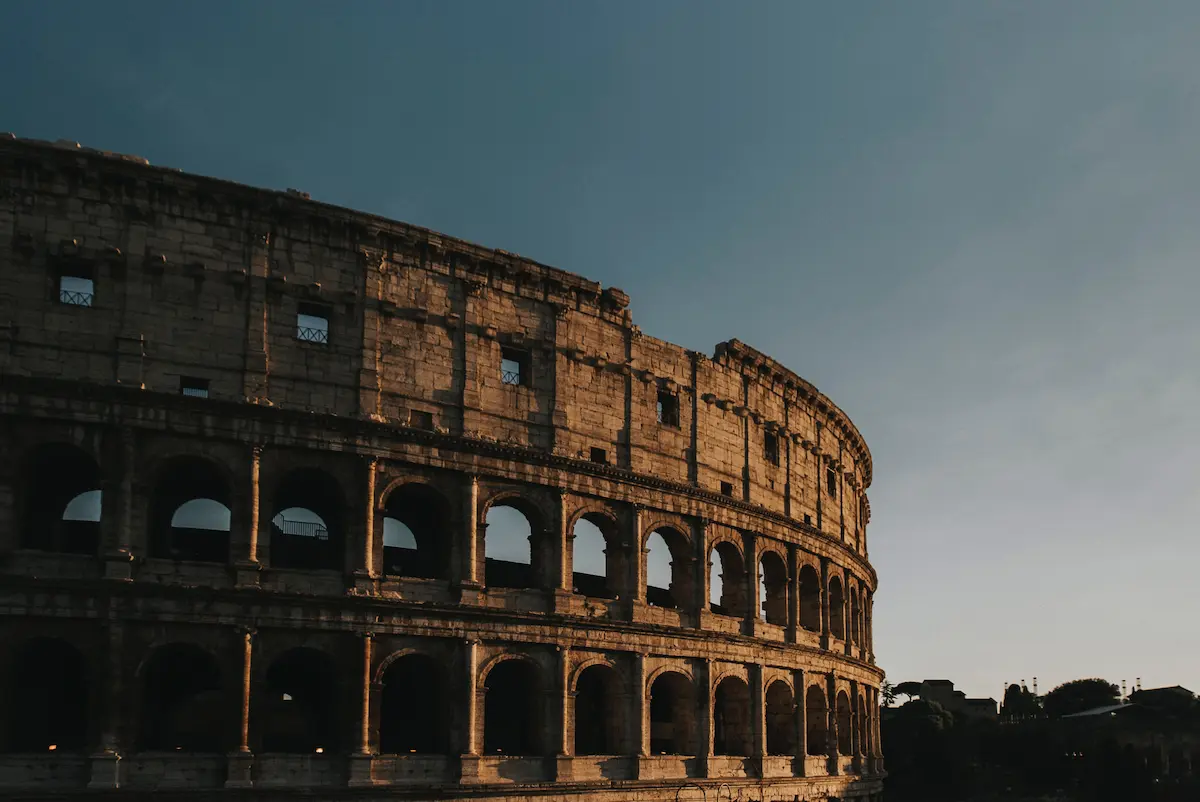Whether you’re a scholar, a student, or simply an interested reader, these books offer a wealth of knowledge and insight into the legacy of Rome.
I have always been fascinated by the Roman Empire. The stories of its rise, its power, and its eventual fall have captured the imaginations of scholars and laypeople alike for centuries. If you’re looking to delve into the history of Rome and learn more about this legendary civilization, there are plenty of books to choose from. In this article, I’ll be highlighting 10 of the best books written about Roman history, in no particular order.
The links on this page are affiliate links to Amazon. If you find value in these recommendations, please consider purchasing through these links to support this free content. We greatly appreciate it! 🙂
“SPQR: A History of Ancient Rome” by Mary Beard
Mary Beard is one of the most respected historians of our time, and her book “SPQR” is a masterful exploration of the history of ancient Rome. From the founding of the city to the fall of the empire, Beard provides a comprehensive and engaging look at Roman history. What sets this book apart is Beard’s ability to make the ancient world feel alive and relevant. She connects the past to the present, showing how the legacy of Rome still shapes our world today.
“Rubicon: The Last Years of the Roman Republic” by Tom Holland
“Rubicon” is a gripping account of the final years of the Roman Republic, leading up to the rise of Julius Caesar. Tom Holland brings these turbulent times to life, painting vivid portraits of the key figures of the era. He shows how the Republic was torn apart by political rivalries, corruption, and violence, ultimately paving the way for the dictatorship of Caesar.
“The Rise of Rome: The Making of the World’s Greatest Empire” by Anthony Everitt
Anthony Everitt’s “The Rise of Rome” provides a comprehensive overview of the early history of Rome, from its humble beginnings as a small village to its eventual domination of the Mediterranean world. Everitt is a master storyteller, weaving together the threads of Roman history into a compelling narrative. He also provides valuable insights into the political, social, and cultural forces that shaped the Roman Empire.
“Augustus: The Life of Rome’s First Emperor” by Anthony Everitt
In “Augustus,” Everitt turns his attention to the life and times of the first Roman Emperor. Augustus was one of the most significant figures in Roman history, and Everitt does an excellent job of bringing him to life. He shows how Augustus transformed Rome from a Republic into an Empire, consolidating his power through a combination of military might, political skill, and propaganda.
“The Twelve Caesars” by Suetonius
“The Twelve Caesars” is a classic work of Roman history, written by the historian Suetonius in the early second century AD. In this book, Suetonius provides biographical sketches of the first twelve Roman Emperors, from Julius Caesar to Domitian. The book is full of scandalous details and juicy gossip, making it a compelling read even today.
“The Decline and Fall of the Roman Empire” by Edward Gibbon
Edward Gibbon’s “The Decline and Fall of the Roman Empire” is one of the most famous works of history ever written. Gibbon traces the history of the Roman Empire from its peak in the second century AD to its eventual collapse in the fifth century AD. Along the way, he explores the political, social, and economic factors that contributed to the decline of this once-great civilization.
“Caesar: Life of a Colossus” by Adrian Goldsworthy
Julius Caesar is one of the most famous figures in Roman history, and Adrian Goldsworthy’s “Caesar” provides a detailed and engaging account of his life and times. Goldsworthy shows how Caesar rose to power through military genius, political skill, and personal charisma, ultimately transforming the Roman Republic into an Empire. He also explores Caesar’s complex relationships with his allies and enemies, shedding light on the political and social dynamics of the time.
“The Roman Republic” by Michael Crawford
Michael Crawford’s “The Roman Republic” provides a detailed and nuanced account of the political, social, and cultural history of the Roman Republic. Crawford’s approach is both analytical and accessible, making this book an excellent introduction for readers who are new to the subject. He also delves into Roman history’s economic and military aspects, providing a more comprehensive understanding of this complex civilization.
“The Fall of Rome: And the End of Civilization” by Bryan Ward-Perkins
Bryan Ward-Perkins’ “The Fall of Rome” is a sobering account of the collapse of the Western Roman Empire in the fifth century AD. Ward-Perkins argues that this event marked the end of a civilization, with the loss of knowledge, technology, and infrastructure leading to centuries of decline in Europe. This book is a must-read for anyone interested in the long-term consequences of historical events.
“The Spartacus War” by Barry Strauss
“The Spartacus War” is a thrilling account of one of the most famous uprisings in Roman history. Barry Strauss tells the story of Spartacus, a gladiator who led a slave rebellion against the Roman Republic in 73 BC. Strauss brings the era to life, showing how Spartacus and his followers challenged the might of the Roman Empire and left a lasting legacy of resistance and defiance.
These ten books provide a comprehensive and engaging look at the history of ancient Rome. From the city’s founding to the fall of the empire, these works explore the political, social, cultural, and economic forces that shaped one of the most influential civilizations in human history. Whether you’re a scholar, a student, or simply an interested reader, these books offer a wealth of knowledge and insight into the legacy of Rome. Pick one up and start exploring the ancient world today!
